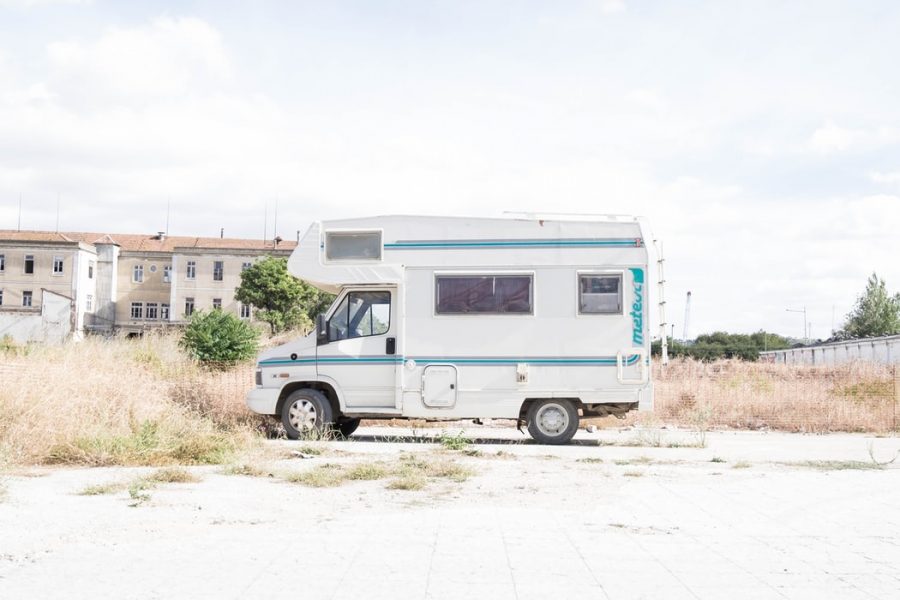Micro-Living and Saving Money
November 19, 2020
Covid-19 has catalyzed the trend towards virtual jobs and suburban offices for firms and companies whose urban leases are expiring. Potential and current major-city residential tenants with jobs that can be done online or in a suburban environment now have more agency over their living conditions than they have in the last hundred years.
Savvy Berkshire students need to get an idea of what their living space means to them and prioritize what qualities are required for their future lifestyle. After high school, or college, Berkshire students will be joining a workforce that has vast potential to perform their job away from the metropolitan areas where firms and companies are headquartered.
The trend away from cities opens the door like never before to alternative lifestyles that provide more opportunities to travel and save money. No more is renting a crumbling city apartment for $2,500 a necessity.
Alternative living spaces can be a great way to save money for investments and open opportunities for travel. In my spare time, I have researched the benefits of living in 400sq ft sheds and living out of the back of an SUV, and I must say my mind is blown. For the measly sum of $10,000 or less (less than half a year of estimated single-apartment NYC rent), one can purchase a used RV to live in and permanently camp in an RV lot, a Walmart parking lot, or live moving on the road (road-tripping is likely only viable if said person is virtually employed).
That RV example is cheap (but still viable), and can scale with how much money there is to spend. The point is that given in-person flexible employment opportunities, a young person can save a significant amount of money to spend on travel, investments, an early mortgage, early retirement, or anything our worker desires that money can buy. The living space does not even have to be a vehicle; one can also choose to move into a rural area and purchase an acre of land to build a 500sq ft shed, or whatever other opportunities may come.
If you are a financial planner type (or someone who enjoys freedom from tenancy), then it is the start of the moment to consider alternative living arrangements. Anybody can live in an alternative space (noting that some may have an easier time than others considering employment type). The benefits are undeniable and the only barrier to entry is the leap of faith.

